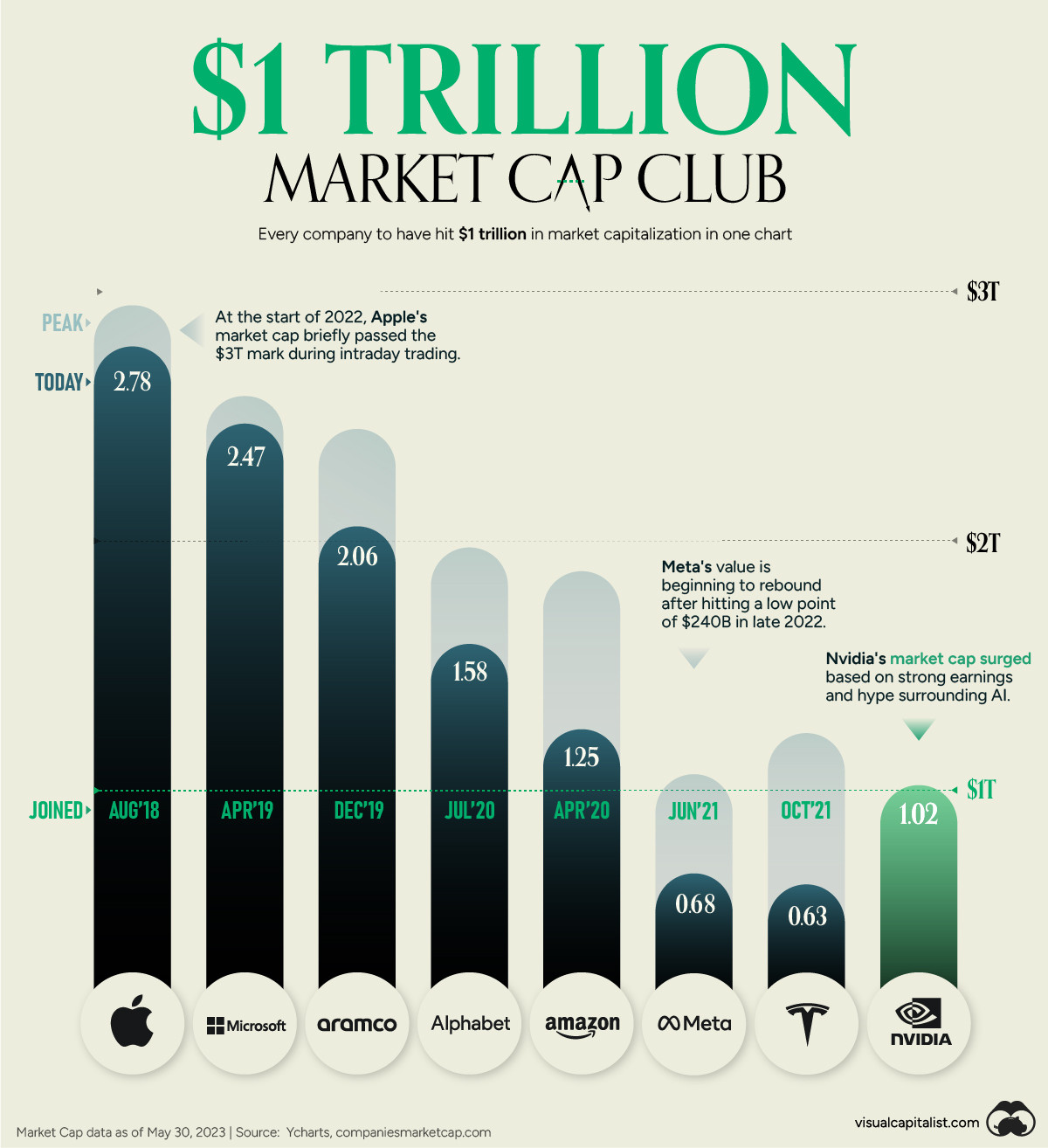Nissan's Precipitous Plunge: A Financial Freefall?
The automotive world is reeling from reports suggesting that Japanese car manufacturing giant, Nissan, is teetering on the brink of collapse. Insiders paint a grim picture, warning that the company might have as little as 12 months to secure its survival. This dire situation follows a period of substantial losses and a desperate search for financial backing. The crisis has already led to significant consequences, including a major cost-cutting program and the high-profile resignation of the company's chief financial officer. The situation is undoubtedly serious, demanding a comprehensive examination of the factors contributing to Nissan's predicament.
The Perfect Storm: Multiple Factors Fueling the Crisis
Several interconnected factors have converged to create this perfect storm for Nissan. A significant blow came from the reported collapse of the three-way alliance between Nissan, Mitsubishi, and Renault, a partnership that had stood since 1999. This alliance, once a cornerstone of Nissan's global reach and market share, appears to be dissolving. Sources indicate that Renault is planning to reduce its stake in Nissan, creating an immediate need for alternative financial resources and casting a shadow over Nissan's future stability. The situation has sparked concern among industry experts about the lack of long-term sustainable plans. This further highlights the fragility of the company's financial condition.
The Impact of the Alliance Breakdown
The impact of the breakdown is far-reaching, impacting not only the financial stability of Nissan but also its strategic direction and global positioning. The implications are likely to continue to unfold in the coming months. In the meantime, concerns continue to mount as more analysts raise concerns about the company's ability to weather this latest storm.
Cost-Cutting Measures and Leadership Changes
In a desperate attempt to stem the bleeding, Nissan has embarked on a drastic cost-cutting initiative, announcing plans to eliminate 9,000 jobs and reduce global manufacturing capacity by 20 percent. This massive restructuring aims to slash costs by a staggering $2.6 billion (£2 billion) in the current fiscal year. Adding to the pressure, Chief Executive Makoto Uchida has taken a 50 percent pay cut, demonstrating the severity of the situation. The news has also confirmed that Stephen Ma, the Chief Financial Officer, who assumed his post in 2019, is stepping down, leaving a significant gap in the company's leadership during this crucial time. This recent chain of events has left industry experts and investors alike questioning the future of the once-dominant automaker.
The Departure of the CFO
The resignation of the CFO further underscores the depth of Nissan's financial difficulties. His departure adds another layer of uncertainty to the company's already precarious position, raising questions about future financial strategies and overall leadership direction. The timing of Ma's resignation is particularly troubling, coming at a moment of critical financial uncertainty for the company. This creates a significant challenge for Nissan as it seeks to navigate its way out of the current crisis. There is considerable uncertainty around who will fill this crucial role within the firm and whether they will have the experience required to lead the firm through this incredibly difficult time.
The Rise of Chinese Electric Vehicles: A Major Threat
The dramatic cost-cutting measures suggest that Nissan's struggles are not entirely related to internal issues, but also stem from external pressures. One such pressure comes from the rapid rise of Chinese electric vehicle (EV) manufacturers. These companies are producing highly competitive EVs at significantly lower prices, eating into Nissan's market share, particularly in key markets like China and the US. The success of Chinese EV brands like BYD, which recently surpassed Tesla in quarterly revenue, highlights the intensity of this challenge. Nissan's failure to effectively compete in the growing EV market adds another significant layer of complexity to its existing financial struggles.
The Impact of Affordable Chinese EVs
The surge of cheaper Chinese EVs has impacted market share and presented a significant challenge to Nissan's competitiveness. This has necessitated cost-cutting measures in the face of falling sales and profits. The company's CEO has acknowledged a failure to anticipate the rapid growth of the hybrid and electric vehicle market, leading to a significant competitive disadvantage.
Seeking a Lifeline: Potential Partnerships and Future Uncertainties
Facing this multifaceted crisis, Nissan is exploring potential partnerships to secure its financial future. There have been reports of increased cooperation with Honda, potentially leading to financial backing or even a stake in Nissan itself. This potential alliance could prove a game-changer, creating a powerful Japanese automotive force capable of challenging industry leader Toyota. However, the success of this strategy remains uncertain, and this option is considered a last resort by some within the company. The company's ability to forge strategic alliances and secure necessary investments will ultimately determine whether Nissan can successfully navigate its way out of this extremely precarious situation.
The Potential Honda Partnership
A potential partnership with Honda is described as a last resort option, but could offer a much-needed financial lifeline and a strategic advantage in the increasingly competitive automotive landscape. The potential impact of this partnership on Nissan's market position and competitiveness is substantial and must be carefully assessed. The long-term consequences of this decision will be felt for years to come.
A Race Against Time: The Road to Recovery
Nissan's current situation is undoubtedly critical. The company is facing a confluence of challenges—a weakening alliance, intensifying competition from Chinese EV manufacturers, and declining sales in key markets. The drastic cost-cutting measures, leadership changes, and exploration of potential partnerships illustrate the urgency of the situation. The next 12 to 14 months will be crucial in determining whether Nissan can successfully navigate this crisis and secure its long-term future. The company's actions and the resulting outcomes will likely reshape the landscape of the global automotive industry for years to come. The stakes are undeniably high, and the path ahead remains fraught with uncertainty.


















